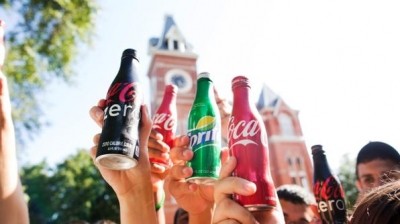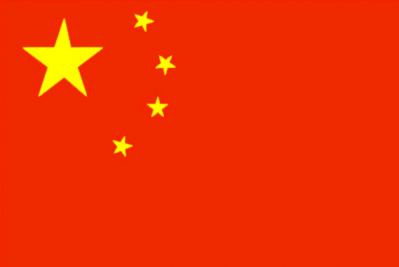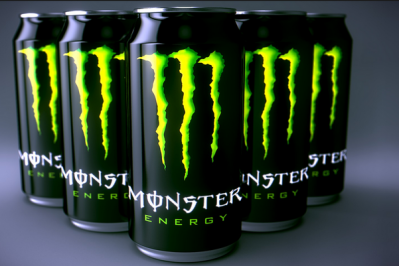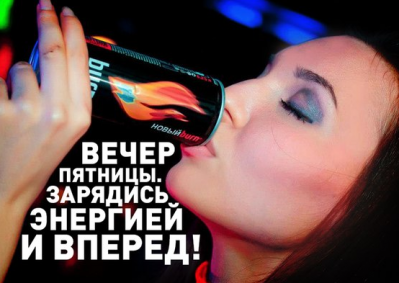Coca-Cola Hellenic keen to take Monster Energy to ‘big markets’ like Russia
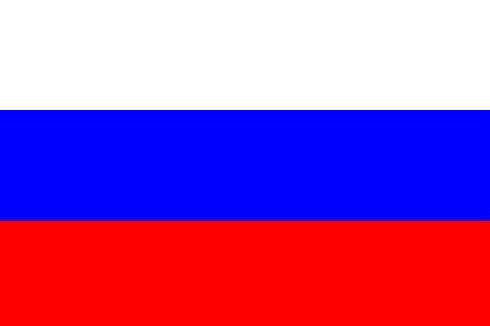
Reporting its quarterly results last Thursday for Q3 2014 ending September 26, CCH said company volume sales in established markets – Italy, Greece, Austria and Switzerland – fell 10% during the quarter, but Italy led the way with a mid-teen percentage point decline.
Group volume sales fell 5% in Q3, while currency headwinds (particularly in emerging markets) also hit net sales revenue – down 5.3% in Q3 to €1.817bn ($2.25bn); comparable net profit was static at €148.2m.
CCH said bad weather in July and August, as well as news about Italy officially slipping back into recession and revisiting its political agenda, hit business and consumer confidence.
“We expect the remainder of 2014 to be challenging for Italy, particularly in view of the near record high unemployment rates and continued pressures on disposable income,” CEO Dimitris Lois said.
Switzerland also performed poorly in Q3 with a mid-teen volume decline, but weather was the only real issue here, and Hellenic said it gained volume and value share in the crucial CSDs segment.
Greece recovers despite near record unemployment
And despite unemployment running at 26% in Greece, Lois said this market performed well, with strong growth in waters, while the Coca-Cola trademark returned to growth after double-digit volume declines over several quarters.
Hellenic’s CEO also blamed the bottler’s developing markets for the 5% group volume decline in what is the most important sales quarter of the year for soft drinks bottlers.
“In absolute terms, the year-on-year decline in the quarter was predominantly driven by the Czech Republic, Italy, Poland, Russia and Switzerland,” he said.
But while the firm’s developing markets – led by Czech Republic and Poland – fell 11%, CCH’s emerging market volumes grew 1% driven by Nigeria and improved performance in Romania and Ukraine that offset weak Russian volumes.
A worrying subtext remains for Hellenic, with sales of brand Coca-Cola down 5% on a group-wide basis; although Coke Zero ‘outperformed’ the sparkling category, it still posed a marginal volume decline in Q3.
Premium juice sales soar in Russia
In contrast, juice volume sales rose 7% due to strong sales of Multon (Russia) Cappy Pulpy (Central andEastern Europe) and the addition of premium juice Moya Semya to CCH’s Russian portfolio.
Water volume sales were mixed – especially as CCH stops selling ‘unprofitable’ SKUs in developing markets – RTD tea volumes fell 8% and energy drinks volume sales fell slightly due to weak performance in Czech Republic, Poland, Ukraine and Russia.
That said, Lois welcomed Coke’s $2.15bn purchase of a 16.7% stake in Monster and said Hellenic would be keen to bring the latter’s drinks“in this highly profitable and niche segment” to key markets.
CCH already partners Monster in around half its markets, he said, adding that, provided the transaction with Coke closes, Hellenic would like to expand the Monster portfolio to “big markets, like Russia, Ukraine and Nigeria”.
